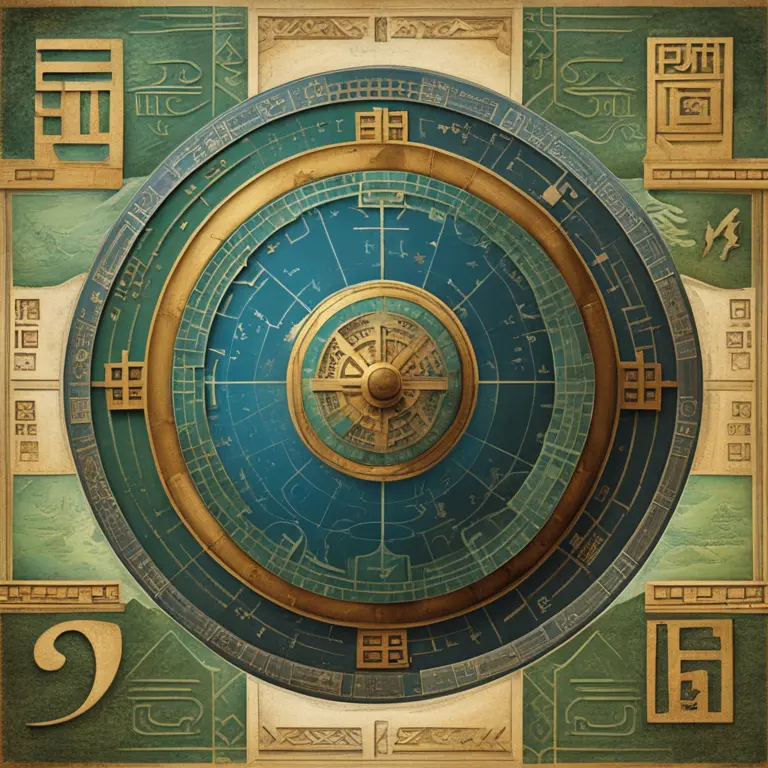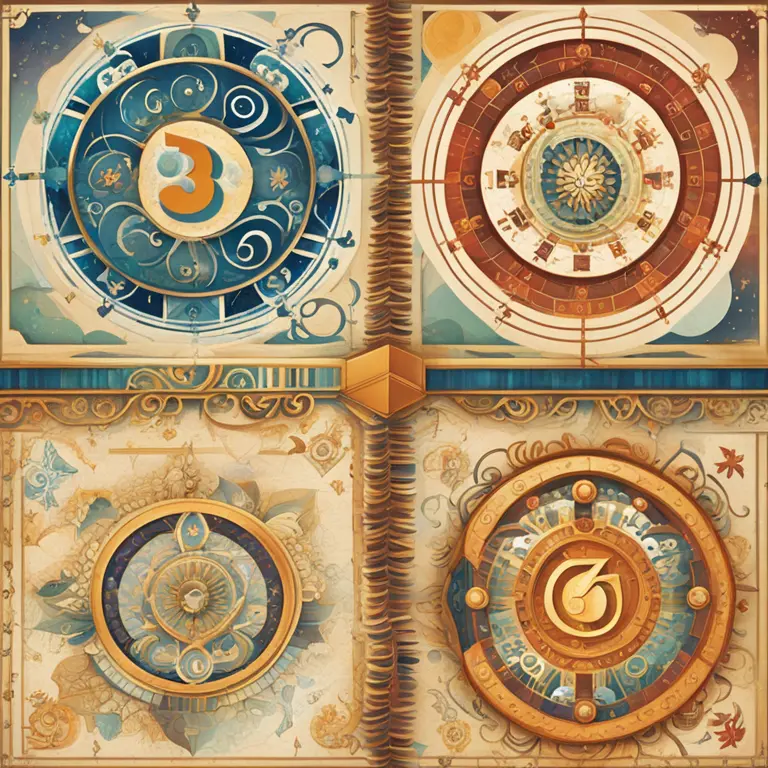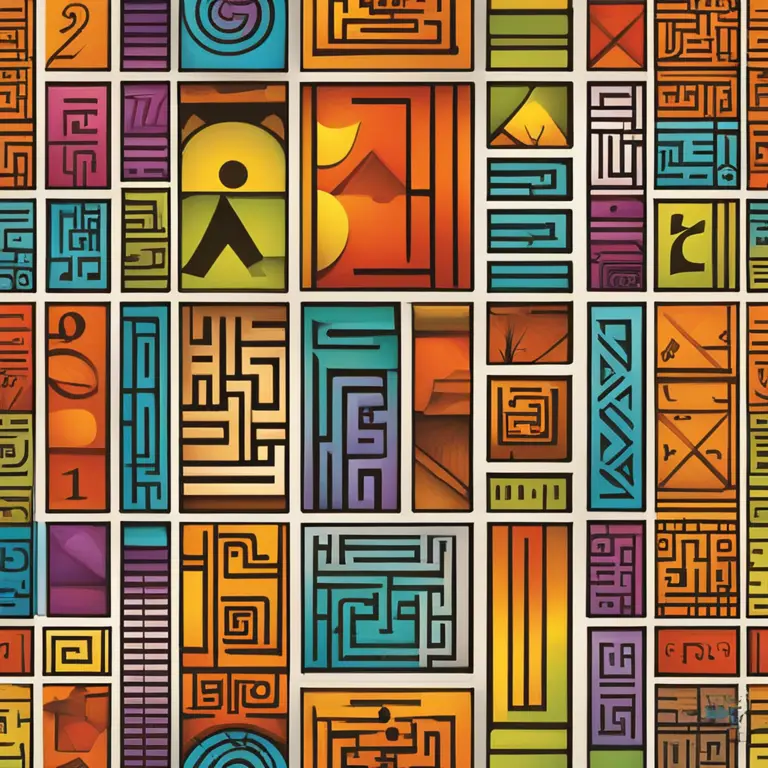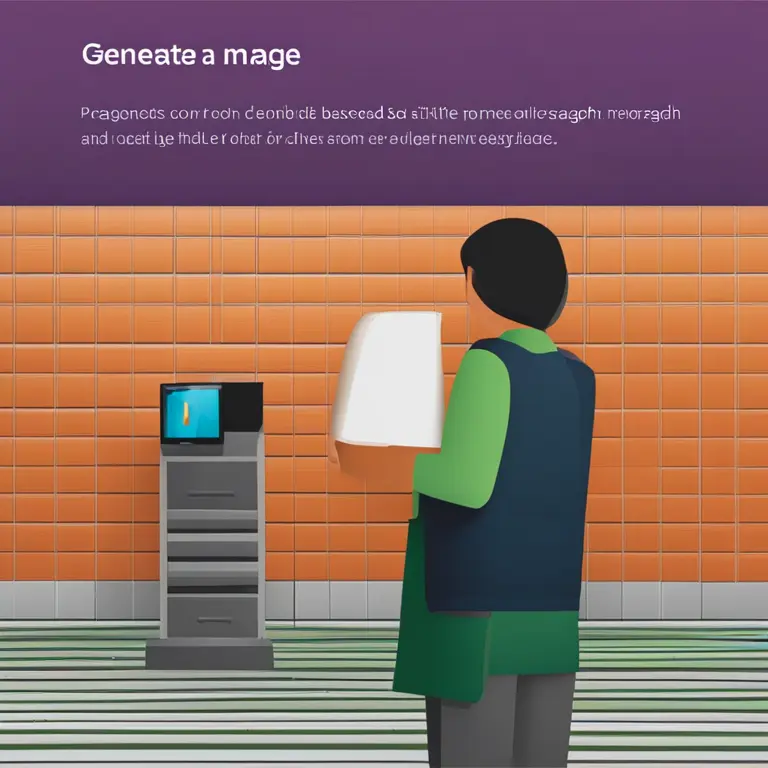
The Origins of Numerology: Tracing Its Foundational Roots
Discover the history and origins of numerology, an ancient practice that has intrigued humans for millennia, and the influential figures who have shaped it.
article by Sofia Ferguson
What is Numerology?
Numerology is an ancient practice based on the belief that numbers have a divine, mystical relationship with the world around us. It is often associated with the study of the numerical value of the letters in words, names, and ideas. As a form of divination, numerology has been used to forecast and predict future events and to derive personal insights. This system assigns a specific significance to each number, allowing practitioners to analyze and interpret various aspects of the universe and human experience through numerical patterns.

Notable Beginnings
While it's difficult to pinpoint a single founder of numerology, the practice can be traced back to ancient civilizations. Notably, Pythagoras, the Greek mathematician and philosopher born around 570 BCE, is often credited with formalizing numerology's principles. Pythagorean numerology, which formed a significant part of his philosophical teachings, postulated that everything could be expressed in numerical terms since the world is fundamentally composed of numbers.

Ancient Civilizations' Contributions
Long before Pythagoras, various cultures embraced the concept of numerology. The ancient Egyptians, Chinese, and Babylonians all delved into numerical mysticism, studying celestial patterns and the numerical implications of events and names. Their understanding paved the way for future numerological systems, embedding the importance of numbers in spiritual and material realms.

The Spread and Evolution of Numerology
After Pythagoras, numerology spread through the teachings of his followers and through cultural exchanges among civilizations. During the rise of the Christian church, St. Augustine of Hippo recognized numbers as a universal language bestowed by God, further embedding numerical importance in Western ideologies. The Kabbalah, a mystic Jewish tradition, also incorporated numerology in the form of Gematria, which interprets Hebrew Scriptures by assigning numerical values to words.

Modern Numerology
In the 20th century, numerology was rejuvenated thanks to the work of L. Dow Balliett and Dr. Julian Stenton. These modern proponents established numerology as we know it today, promoting it across Europe and America. Their frameworks, blending ancient traditions with contemporary thoughts, allowed numerology to flourish in new-age spiritual circles, further widening its appeal and adapting it for the modern era.
Numerology in the Digital Age
Today, numerology continues to thrive, with technology enabling more people to explore its insights. Online platforms, software algorithms, and interactive services have opened up numerology to a wider audience. It remains a tool for personal growth, as individuals use it to gain a deeper understanding of themselves and the world, upholding the traditions that many believe were set in motion by Pythagoras and his predecessors millennia ago.
Published: 1/16/2024
Modified: 1/16/2024
More predictions
Come back here soon to learn more about yourself and your future


The Role of Numerology Readings
Discover the significance of numbers in your life through the mystical lens of numerology. Dive into how a numerology reading can offer insights into your personality, destiny, and life path.


Find Your Love With Numerology
Discover numerology’s potential in guiding your heart – could numbers chart your course to romantic bliss? Find out with our insights on numerology and love.


Numerology: The Historical Insights
Dive into the ancient beginnings of numerology and discover its mysterious origins and the thinkers who contributed to its development over time.